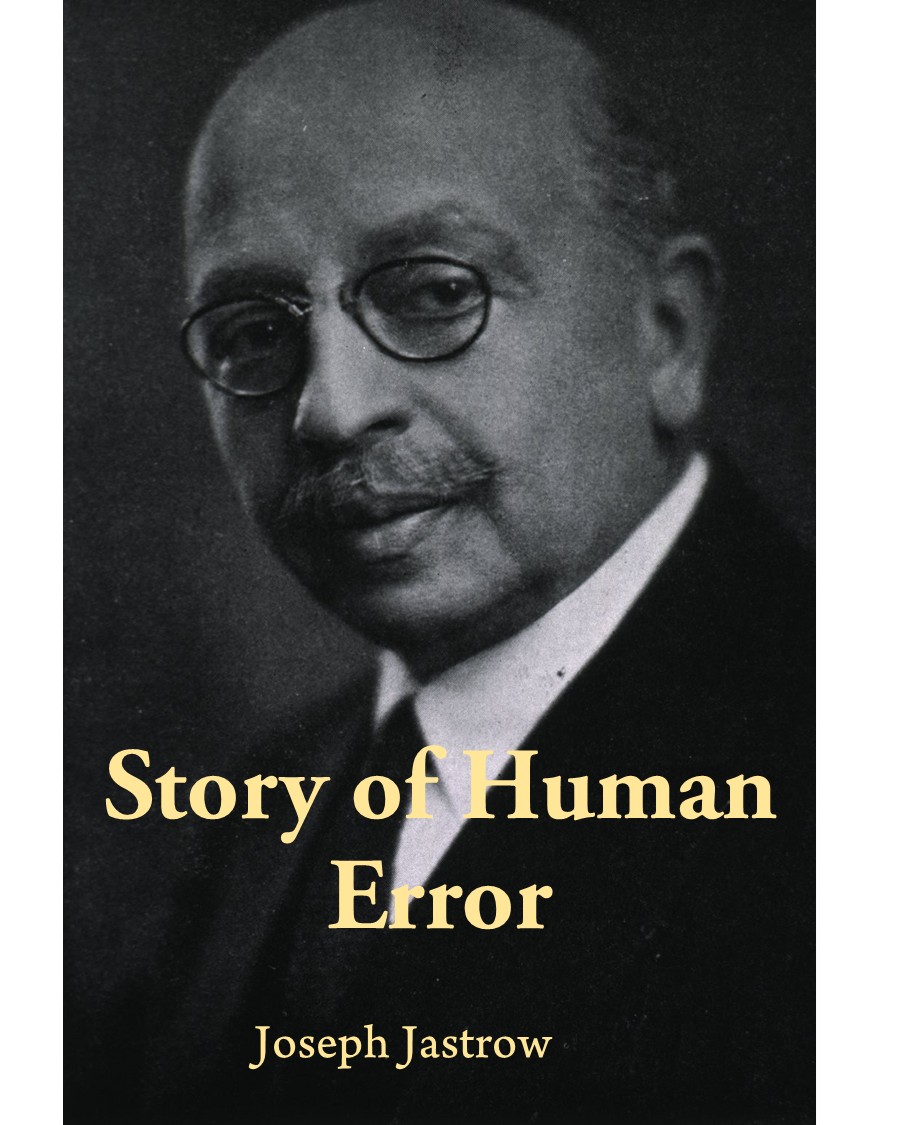
Story of Human Error PDF
Preview Story of Human Error
Published in 1937, this book is a popular, pleasantly readable résumé of the sciences, each chapter discussing one of the sciences and written by a specialist in the field. The approach to the subject is unique in that instead of the usual over-glorification of progress so often found in popular summaries of scientific work, this book stresses the mistakes made and the way in which human limitations have impeded progress. Two general types of error are found—first, that due to ignorance, which may be briefly described as the necessity of trial and error seeking. The second group of errors are produced by the nature of man; i.e. his tendency to systematize prematurely and to cling to preconceived ideas and superstition. The emphasis on this latter group of errors gives the book its chief distinction.
The book is divided into two parts—the first, called the World, the second, Man. Under the first is included astronomy, geology, physics, chemistry, zoology, etc. Under the second, anthropology, psychology, sociology, medicine, and psychiatry.
As is inevitable in a book written by many authors, there is some unevenness in the relative quality of the various chapters. The chapter on psychology is the most disappointing and includes among its defects a gross misrepresentation of Freud's work. In the chapter on psychiatry, psycho-analysis is not discussed. The author gives personal prejudice as his excuse for omitting it. In the chapters on anthropology and sociology, where one might expect some constructive or destructive reference to Freud's theories, psycho-analysis is not mentioned. (This excerpt is from a review in International Journal of Psychoanalysis (1937) by Clara Thompson
About the Author / Editor: Joseph Jastrow (1863 – 1944) was a Polish-born American psychologist, noted for inventions in experimental psychology, design of experiments, and psychophysics. He also worked on the phenomena of optical illusions, and a number of well-known optical illusions (such as the Jastrow illusion) were either discovered or popularized in his work. Jastrow believed that everyone had their own, often incorrect, preconceptions about psychology. One of his goals was to use the scientific method to identify truth from error, and educate the layperson, which he did through speaking tours, popular print media, and radio.